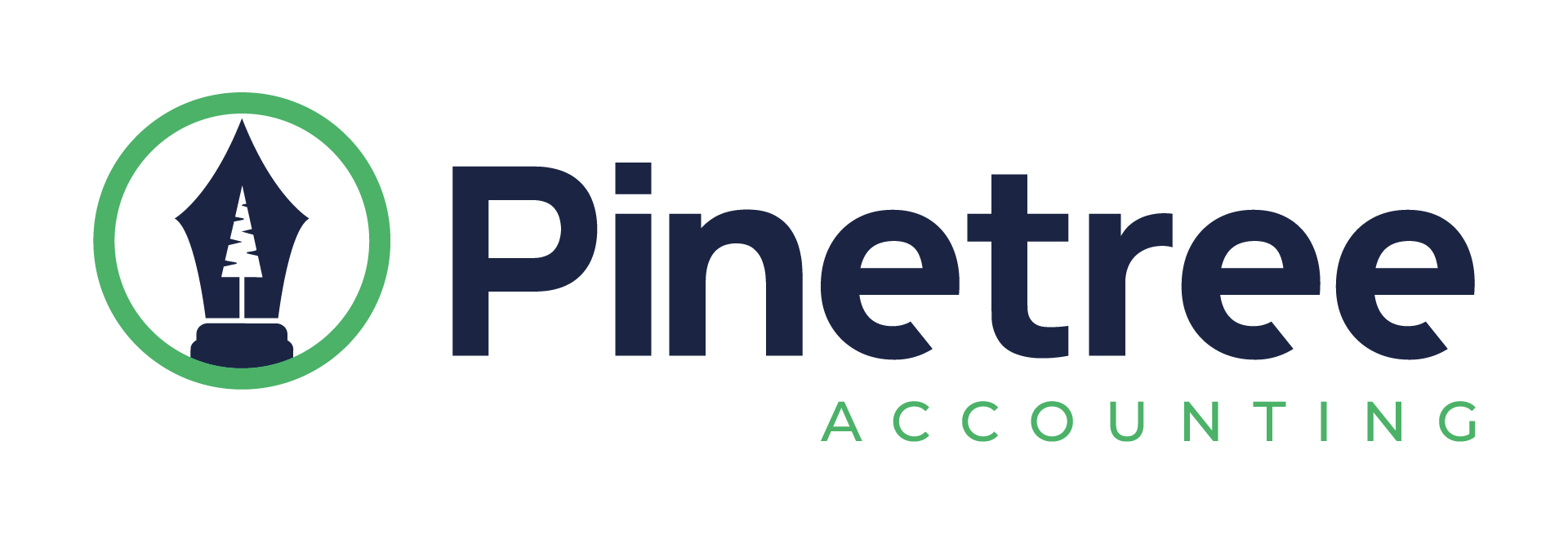Do you ever wonder why audits are important for companies? Well, let us tell you! Audits play a crucial role in enhancing a company’s financial credibility and trustworthiness. By conducting regular audits, companies can assure their stakeholders, such as investors, lenders, and customers, that their financial statements are accurate and reliable. This helps build confidence in the company’s financial health and stability, which can attract more investors and lenders, and even increase customer loyalty. So, conducting audits is necessary if you want your company to be seen as trustworthy and credible!
But audits are not just about financial credibility; they help identify and address internal control weaknesses. Through the audit process, companies can assess and evaluate their internal control systems, which are the processes and procedures to ensure that financial transactions are recorded accurately and assets are protected. Auditors can help identify any weaknesses or gaps in these systems and provide recommendations for improvement. By addressing these internal control weaknesses, companies can mitigate the risk of errors, fraud, and asset misappropriation, helping safeguard their financial resources. So, conducting regular audits is essential if you want to ensure that your company’s internal controls are robust and effective.
Enhancing Financial Credibility and Trustworthiness
When a company undergoes a thorough audit, it not only enhances its financial credibility and trustworthiness, but it also becomes as reliable as a sturdy oak tree standing tall in a forest of uncertainty. Audits provide an objective evaluation of a company’s financial statements, ensuring that they accurately reflect the true financial position of the organization. By examining financial records, transactions, and internal controls, auditors can identify any discrepancies or errors, helping maintain financial information’s integrity. This transparency builds confidence among stakeholders, including investors, lenders, and customers, who rely on accurate financial data to make informed decisions.
Furthermore, audits help detect and prevent fraudulent activities within a company. Auditors can uncover any irregularities or signs of potential fraud through rigorous examination and testing. This determents employees and management, as they know their actions are being scrutinized. The presence of an audit helps create a culture of accountability and ethical behavior within the organization, reducing the risk of financial misconduct. A company can attract and retain stakeholders who value trust and reliability by showcasing a commitment to transparency and integrity.
In addition, audits provide valuable insights and recommendations for improving a company’s financial processes and internal controls. Auditors analyze the effectiveness of internal controls, identify weaknesses, and suggest improvement measures. This helps companies strengthen their financial systems, reduce the risk of errors and fraud, and enhance overall operational efficiency. By implementing the recommendations auditors provide, companies can streamline their financial operations, minimize risks, and ensure compliance with relevant laws and regulations. Ultimately, a well-executed audit not only bolsters a company’s financial credibility but also contributes to its long-term success and sustainability.
Identifying and Addressing Internal Control Weaknesses
You can proactively enhance your operational efficiency and minimize potential risks by identifying and addressing internal control weaknesses. Internal controls are the processes and procedures put in place by a company to safeguard its assets, ensure the accuracy and reliability of financial information, and promote compliance with laws and regulations. However, even the most robust internal control systems can have weaknesses or vulnerabilities that employees or external parties can exploit. Regular audits allow you to identify these weaknesses and take corrective actions to strengthen your control environment.
One of the main benefits of identifying and addressing internal control weaknesses is improving operational efficiency. Weak internal controls can lead to errors, inefficiencies, and even fraud in business processes. By conducting audits, you can pinpoint areas where controls are lacking or not functioning effectively and implement measures to streamline and automate processes, reduce manual errors, and eliminate duplicate or unnecessary tasks. This not only improves the accuracy and timeliness of financial reporting but also frees up resources that can be allocated to more value-adding activities.
Addressing internal control weaknesses through audits also helps minimize potential risks. Weak controls increase the likelihood of fraudulent activities, unauthorized access to sensitive information, and non-compliance with laws and regulations. By identifying these weaknesses, you can implement stronger controls to mitigate these risks and protect your company’s assets. This can include implementing segregation of duties, enhancing security measures, conducting thorough background checks on employees, and ensuring compliance with relevant regulations. Taking proactive steps to address internal control weaknesses protects your company’s financial well-being and enhances its reputation and trustworthiness among stakeholders.
Conducting audits to identify and address internal control weaknesses is crucial for businesses. Doing so can enhance operational efficiency, minimize potential risks, and protect your company’s assets and reputation. Regular audits allow you to stay proactive in managing internal controls and ensure that your business operates securely and competently. So, don’t overlook the importance of auditing and make it an integral part of your company’s risk management and governance processes.
Safeguarding Against Financial Fraud and Irregularities
You must remain vigilant and implement strong internal controls to protect yourself from financial fraud and irregularities. These controls safeguard against unethical practices and help ensure the accuracy and reliability of your financial records. By conducting regular audits, you can identify any signs of fraud or irregularities and take immediate action to address them.
One crucial aspect of safeguarding against financial fraud is establishing a system of checks and balances. This involves separating duties and responsibilities among different individuals in your organization. Doing so reduces the risk of a single person having too much control over financial transactions, making it harder for them to manipulate or commit fraudulent activities. Regular audits can help you assess the effectiveness of these controls and identify any potential weaknesses.
Additionally, audits play a vital role in detecting and preventing irregularities in financial transactions. They allow you to review your company’s financial records and ensure that all transactions are recorded accurately and by the applicable accounting standards. Auditors can identify discrepancies or suspicious activities, such as unauthorized transactions or falsified documents. By promptly addressing these issues, you can prevent further financial damage and maintain the integrity of your company’s financial statements.
Safeguarding against financial fraud and irregularities is crucial for the success and reputation of your company. By remaining vigilant and implementing strong internal controls, you can minimize the risk of fraudulent activities. Regular audits provide an essential tool for identifying and addressing any weaknesses in your control systems, ensuring the accuracy and reliability of your financial records. So, prioritize auditing as a fundamental practice in your organization to protect yourself and your company from financial fraud and irregularities.





